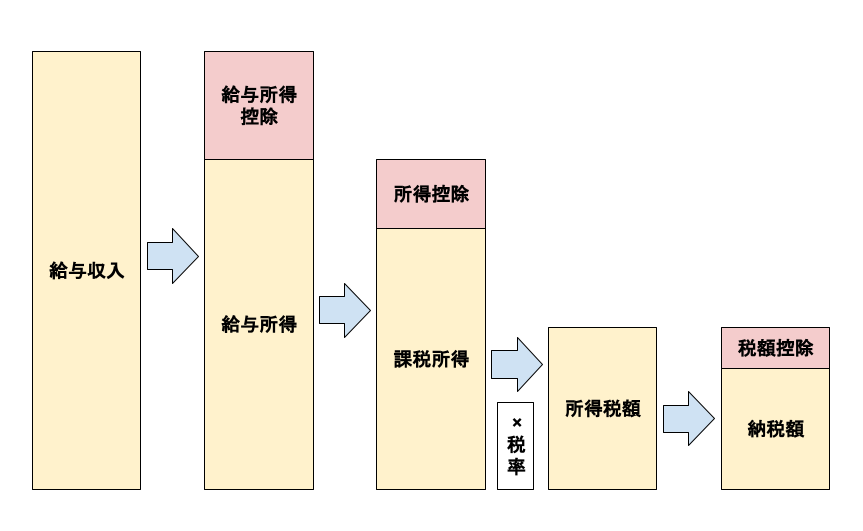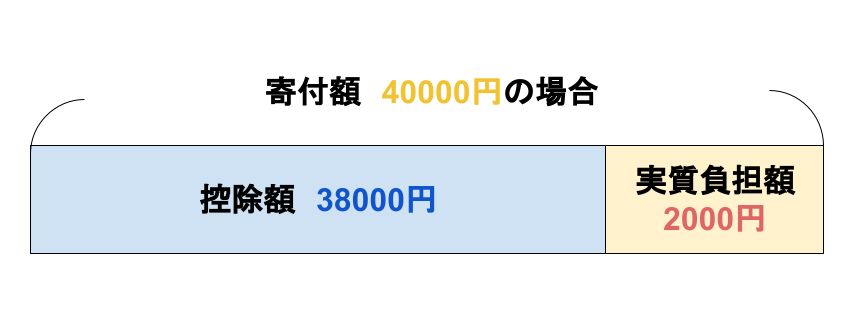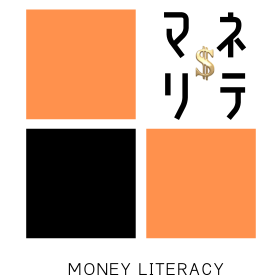Savings Basics

This image was created by a team member
Savings Basics
When you hear the word "savings," you may have the perception that it is "depositing money in a bank" or "holding it as cash in a piggy bank.
In fact, savings is such a way to save money for the future.
So what does it take to save money?
Here are two tips for saving money.
Savings tips
1. Reduce spending
The first tip for saving money is to reduce spending.
However, we do not reduce spending by living a stingy lifestyle.
The goal is to pay what you owe and then put a little more money into savings than you have in the past.
So how exactly do we reduce spending?
That means reviewing fixed costs and distinguishing between necessary and non-essential waste.
Review fixed costs
Fixed costs are things like telecommunication charges, insurance, rent, loans, and subscriptions (monthly services).
Although few high school students may still be paying their own fixed costs, it is very important for high school students to plan for their future and look at their fixed costs.
Therefore, we can start by looking at understanding the current fixed costs of the household.
Distinguish between necessary and non-essential waste.
In paying money, there is the concept of investment, consumption, and waste.
As you will learn in Step 3, investment is the use of money "to invest one's own capital with the expectation of profit over the medium to long term.
Consumption also refers to the use of money that is essential for living, such as food and medical expenses.
And wasting is the use of money to satisfy one's mind or to aim for a richer life, apart from investment or consumption.
In other words, wasting money is not a bad thing, and I am sure you all waste a lot of money on a regular basis.
However, wasting money has its drawbacks.
It is to spend too much of one's money without limit.
No matter how much it enriches your life, it is terrible if you overuse it.
Therefore, it is important to draw the line on wasteful spending, and the most important point is to distinguish between necessary and non-essential wasteful spending.
2.Saving Taxes.
The second tip for saving money is to save on taxes.
How much do you know about tax reduction?
In a nutshell, tax saving is "minimizing the amount of tax to be paid.
In fact, tax savings can vary greatly depending on occupation, family structure, and other factors.
For example, if you are an office worker, you can use deductions to reduce your taxes.
Deductions are available to different salaried families and individuals depending on their own circumstances, but a fixed amount of deductions are subtracted from the amount of income to reduce the amount of income taxed.

This image was created by a team member
This is the case for company employees.
Business owners and others who have business income can deduct not only deductions but also money spent to earn profits (expenses) from their income.
This makes them more tax-efficient than company employees.
However, business income earners must file their own tax returns, called tax returns.
(Salaried workers do not have to file their own tax returns because the company pays a portion of their income as taxes if they are within certain conditions.)
About Furusato Tax Payment
So far, we have divided the taxable income into salaried and business income earners, but anyone who earns income can pay the "Furusato" tax.
You have probably heard of it at least once.
As a matter of fact, the hometown tax system appears to be tax-saving, but strictly speaking, it is not tax-saving.
However, it is a great service and you should not miss out on it.
Simply put, Furusato is a system under which you can make a donation to a municipality of your choice and receive a gift (specialty products, etc.) in return, while a portion of the donation is returned to you as a tax refund.

This image was created by a team member
For example, if you donate 40,000 yen to a certain municipality, you will receive a deduction of 38,000 yen and also receive a thank-you gift.
In other words, you can receive a thank-you gift at a real cost of 2,000 yen.
Savings Summary
Saving money is certainly important, but it would be a waste if you limit your daily life solely for the purpose of saving.
Try to save while spending money in moderation.
Also, as you will learn in Step 3, you can protect your money in the form of investments as well as savings.
Therefore, be sure to learn about your investments.
In addition to this, the role of banks in savings is also important, which you will learn about in the next section.
before next